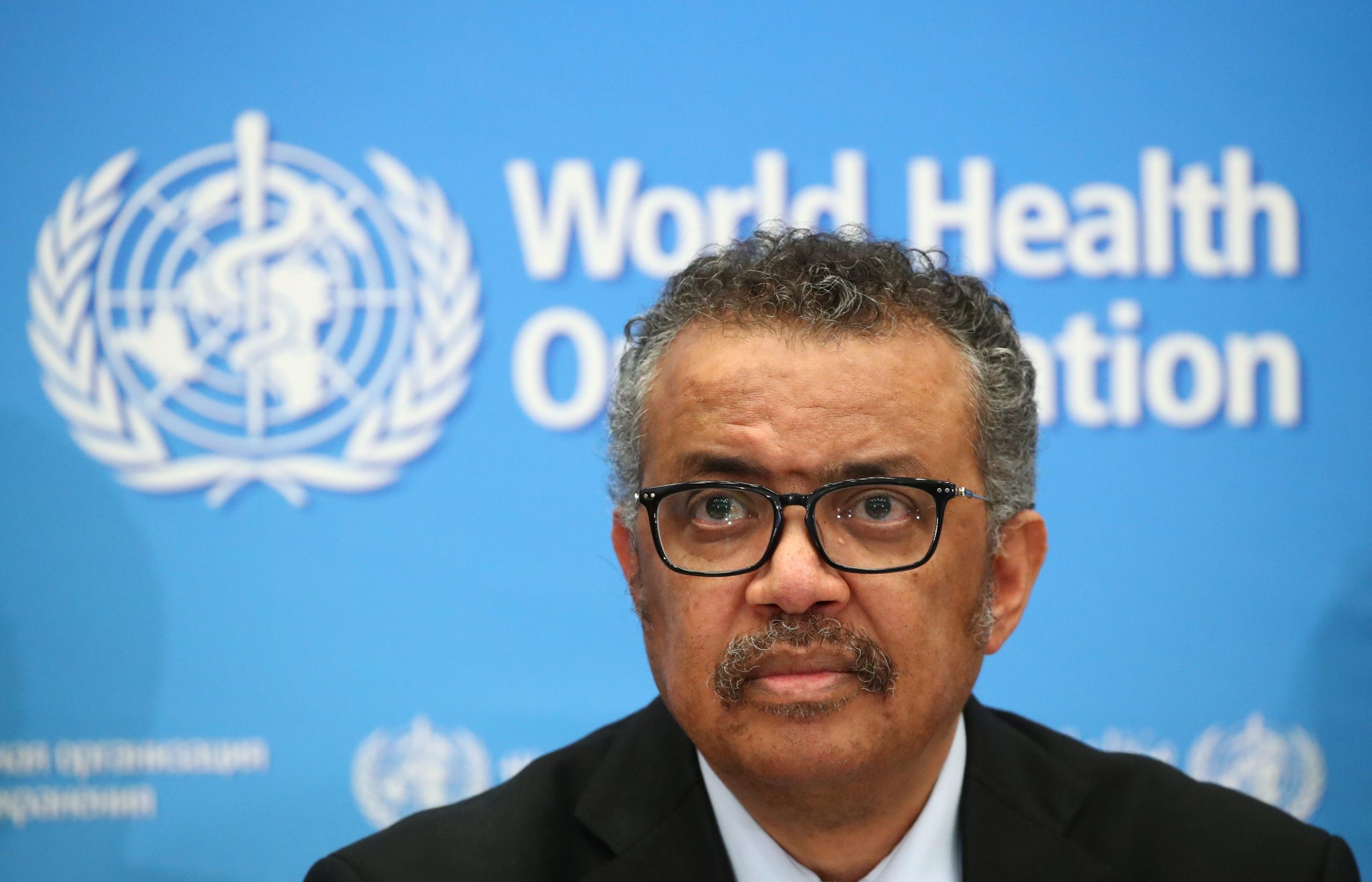- The World Health Organization on Wednesday declared the coronavirus outbreak a pandemic.
- The novel coronavirus that emerged in China last year has sickened more than 121,000 people and killed over 4,300 people.
- COVID-19, the illness caused by the virus, has spread to more than 100 countries around the globe.
- Visit Business Insider’s homepage for more stories.
The World Health Organization declared the novel coronavirus a pandemic on Wednesday as it spreads in more than 100 countries around the world.
The WHO defines a pandemic as “the worldwide spread of a new disease.” The determination is based on the geographic spread of a disease, the severity of illnesses it causes, and its effects on society.
COVID-19, the illness caused by the new coronavirus, has sickened more than 121,000 people and killed over 4,300 people.
“WHO has been assessing this outbreak around the clock, and we’re deeply concerned both by the alarming levels of spread and severity, and by the alarming levels of inaction, the WHO’s director-general, Tedros Adhanom Ghebreyesus, told reporters in Geneva.
(When pressed later by a reporter on which countries weren't doing enough, he deferred to the WHO's executive director, Dr. Michael J. Ryan, who said, "you know who you are.")
"Pandemic is not a word to use lightly or carelessly," Tedros continued during the announcement. "It is a word that, if misused, can cause unreasonable fear, or unjustified acceptance that the fight is over, leading to unnecessary suffering and death."
Tedros and his colleagues emphasized that all countries need to "double down" and "be more aggressive" in their approach to containing the illness and mitigating its spread, including by using basic public health tools like contact tracing.
"If countries detect, test, treat, isolate, trace, and mobilize their people in their response, those with a handful of cases can prevent those cases from becoming clusters and those clusters from becoming community transmissions," he said.
A pandemic is a "characterization" and "call to action," not a reason to give up
The word "pandemic" comes from the Greek "pan" and "demos," meaning "all the people," but using it does not change that much from a pragmatic, disease-fighting perspective. The WHO had been hesitant to refer to this coronavirus outbreak as a pandemic in recent weeks, fearing that the moniker would lead to widespread panic and saying it was perhaps not yet warranted.
"If this was an influenza epidemic, we would have expected to see widespread community transmission across the globe by now, and efforts to slow it down or contain it would not be feasible," Tedros said last week. "But containment of COVID-19 is feasible and must remain the top priority for all countries."
The organization in January declared the coronavirus outbreak a "global health emergency," its highest level of alarm, which it reserves for the most serious, sudden, unexpected outbreaks that cross international borders and might require a coordinated response between countries. This is the first time the pandemic designation has been used for a coronavirus. The last time a pandemic influenza surfaced was in 2009.
"There's no numerical definition of a pandemic - like beauty, it's in the eye of the beholder," William Schaffner, an infectious-disease specialist at the Vanderbilt University School of Medicine, previously told Business Insider.
An epidemic, by contrast, refers to a more localized or regional outbreak rather than a global one.
There is no cure for COVID-19 and no vaccine, though scientists at the National Institutes of Health in the US have said one could be ready for initial testing within months. (It would still take more than a year to get a vaccine to market.) The best preventative measure against COVID-19 is thorough, regular hand-washing.
If you have a mild case of COVID-19, it's best to treat it like the flu, with plenty of rest, fluids, over-the-counter medicines to ease symptoms, and time. More serious cases may require hospital equipment, including ventilators to aid breathing.
Have you been personally impacted by the coronavirus outbreak? Is your city or community on the front lines of this disease? Have you or someone you know been tested or diagnosed? We want to hear your story. Email [email protected]
- Read more:
- Coronavirus live updates: More than 121,200 people have been infected and over 4,300 have died. The US has reported 31 deaths. Here's everything we know.
- The rest of the world is 'simply not ready' for the coronavirus, according to a WHO envoy who just returned from China
- 13 bogus claims about the coronavirus, including a fake coconut oil cure and a false link to imported packages
- There's only one way to know if you have the coronavirus, and it involves machines full of spit and mucus
